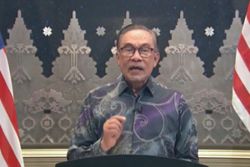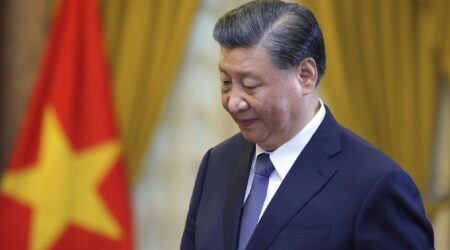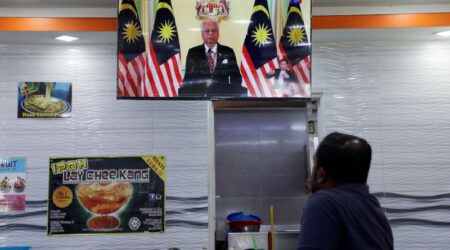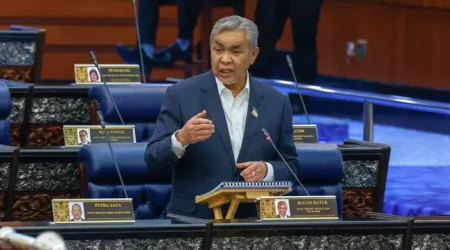PM announces rationalisation of diesel subsidy
PETALING JAYA: The Cabinet has agreed to rationalise diesel subsidies, says Prime Minister Datuk Seri Anwar Ibrahim.
Anwar said this would begin with targeted diesel subsidies in the peninsula first, and later for Sabah and Sarawak.
“Almost all families in Sabah and Sarawak use diesel for transportation every day. So, we will postpone this move there,” he said in his speech televised live nationwide on Tuesday (May 21).
To prevent any drastic increases in the cost of goods and services, Anwar also said subsidies would be given to traders using diesel-powered commercial vehicles.
This involves 10 public transportation vehicles and 23 goods transport vehicles.
However, the Prime Minister did not indicate when the subsidy rationalisation would be implemented.
To prevent any drastic increases in the cost of goods and services in the peninsula, Anwar said diesel subsidies would be given to traders using diesel-powered commercial vehicles.
This involves 10 public transportation vehicles and 23 goods transport vehicles under the Subsidised Diesel Control System (SKDS), including bus and taxi operators.
He also said diesel subsidies would continue for certain categories of fishermen.
Cash aid will also be given for eligible individuals such as small traders and farmers who own private diesel-powered vehicles.
“Lower- and middle-income groups who use diesel for their businesses will not be affected by the rationalisation.
“The ones who will not benefit are the T20 group and foreigners,” he said.
He said the move would save the government around RM4bil annually.
Meanwhile, Anwar said the government estimates that RM4.5bil in total tax revenue would be generated through the introduction of Low Value Goods Tax, Capital Gains Tax and improvement on Service Tax.
He said that taxes introduced were not to further burden the rakyat but rather to expand the country’s tax revenue base.
“The goal for the Fiscal Responsibility Act (FRA) was to reduce the debt level to not exceed 60% of Gross Domestic Product (GDP) and fiscal deficit of 3% within the medium term,” he said.













Leave a Reply